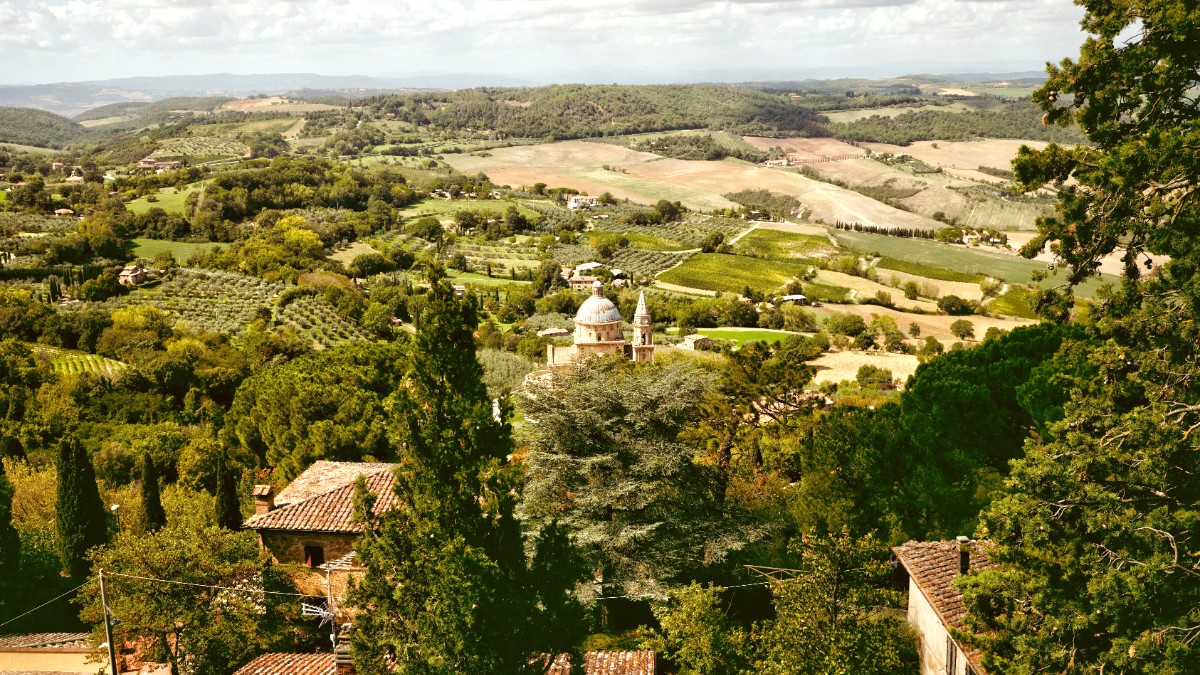
Tuscany, Italy
UNESCO World Heritage site. Designation emphasizes agricultural landscape preservation.
Protected wetland area, important for biodiversity and birdwatching.
Consider choosing direct flights or trains. Support airlines or operators with carbon offset programs.
Engage with local culture respectfully.
Support local museums and heritage sites through entrance fees. Respect local traditions, especially during festivals.
Learn basic Italian phrases. This shows effort and respect.
Look for agriturismos that practice sustainable farming, use renewable energy, or have certifications for eco-tourism.
Ecobnb for eco-friendly staysInquire about their environmental policies before booking. Support ethical tour operators.
G Adventures for ethical travelWhile tap water is potable, water resources can be stressed during dry summer months. Be mindful of your water usage, taking shorter showers.
Support the local economy directly. Your spending choices positively impact Montepulciano's community.
Staying at local B&Bs or agriturismos directly supports local families and communities.
Dine at local trattorias and osterias. Buy groceries from local alimentari or markets.
Be wary of informal tours or services that seem unusually cheap.
Ensure guides and service providers are licensed and paid fairly.
Avoid contributing to any activity that exploits animals.
Avoid practices that negatively impact local people.